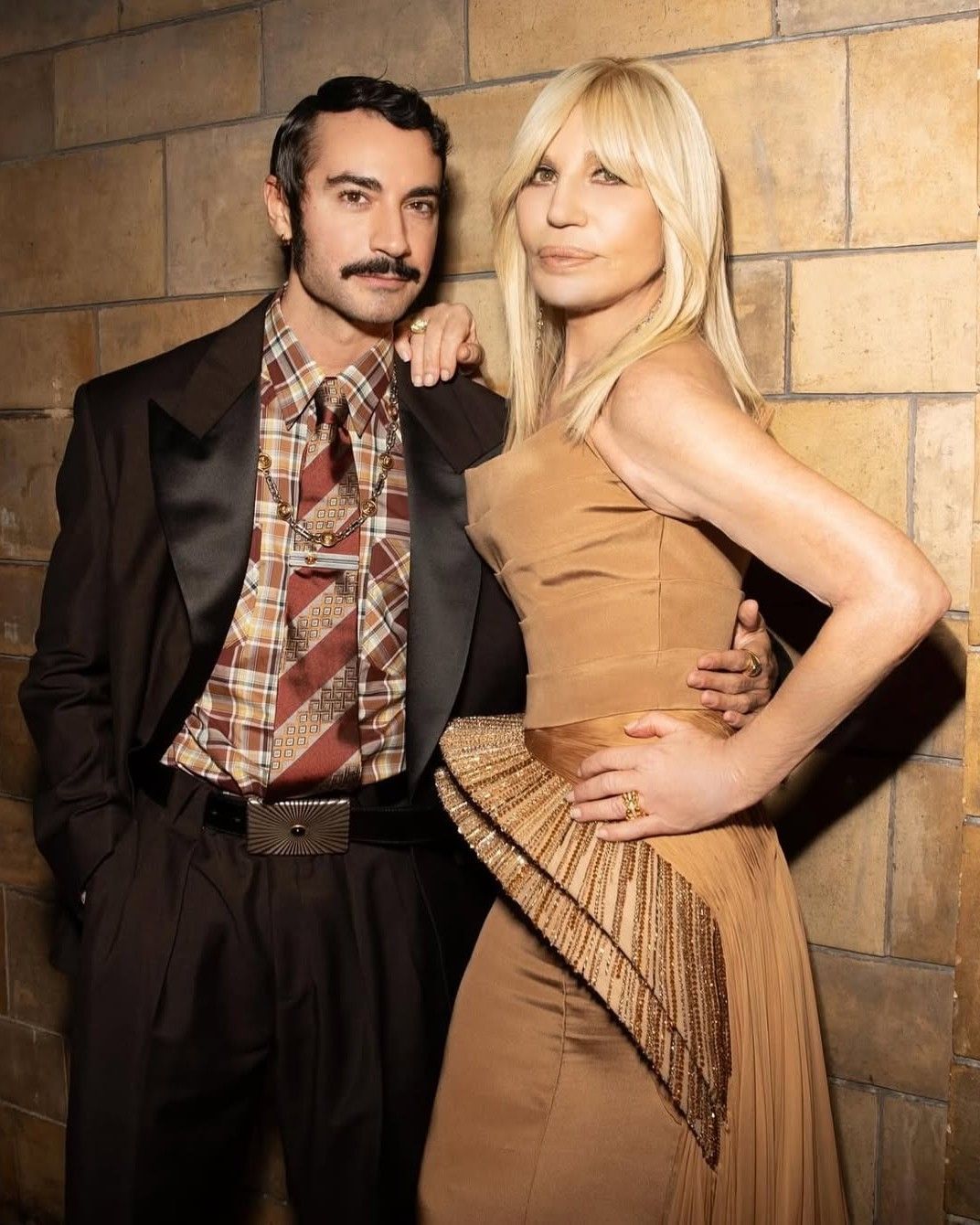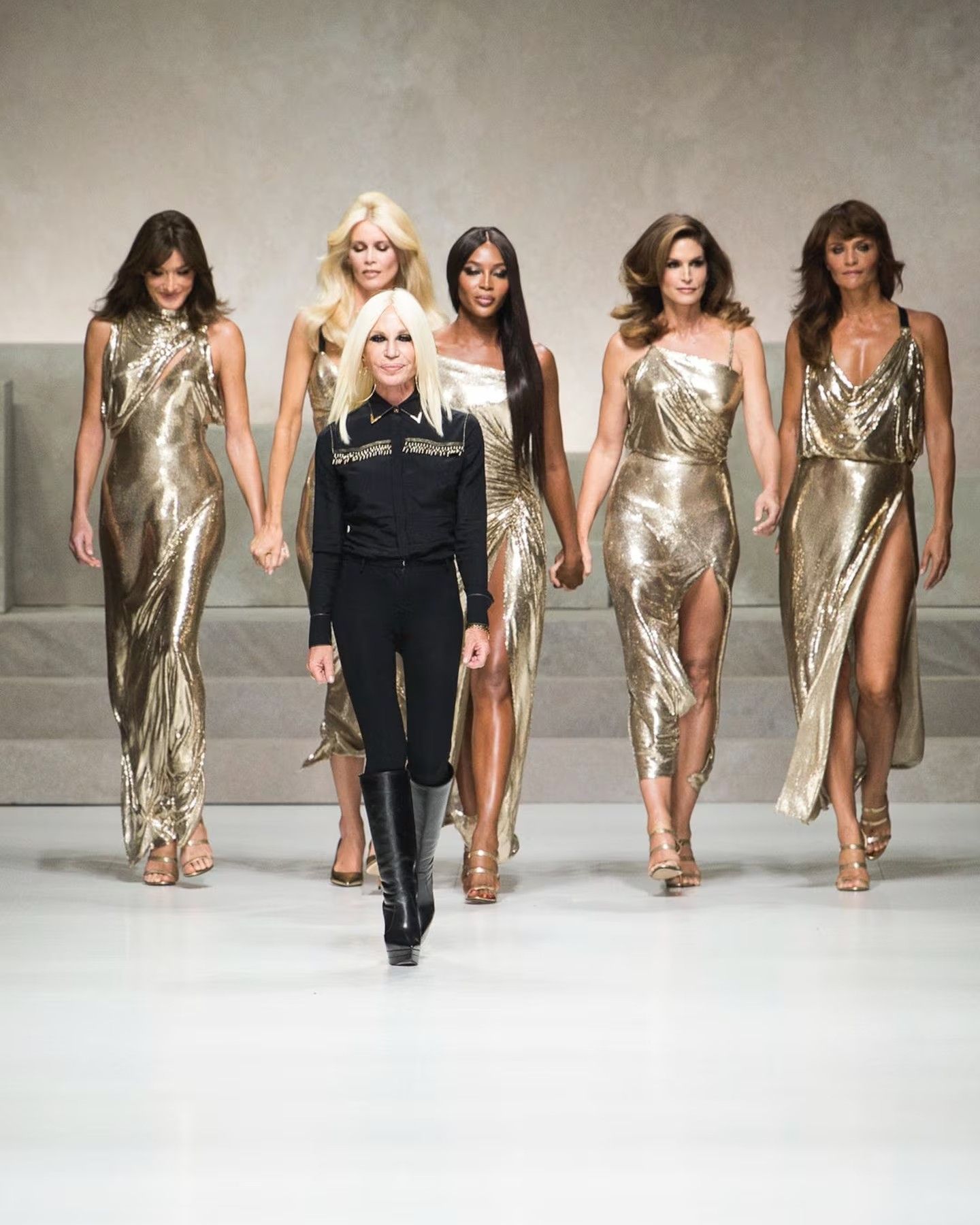
What brands can really do for sustainability A post by Noah NYC is the ideal cue to talk about the hypocrisy surrounding the topic
In 2019, sustainability has become a hot topic, fuelling public debate everywhere, and especially in the fashion world. Many brands, from fast fashion to luxury, are therefore started to do charitable initiatives, signed agreements and advertised eco-friendly products with recovery materials. All measures that have actually done little to solve pollution problems and a radical and systemic change in industry. Noah NYC, on the other hand, has opted for discretion and sincerity, issuing a statement in recent days stating that it is not even close to reaching the sustainability mark-ups by listing its efforts to become a responsible company. Here is the full text:
"Noah, despite our ongoing efforts to explore and use more recycled, renewable and eco-friendly materials in our products and packaging, is still not a sustainable brand. We’re not even close.
We are, however, working as hard as we can to be a responsible company. We only manufacture in factories and countries that respect their workers. By focusing on quality, and encouraging our customers to be informed about what they buy, we hope to gradually reduce rampant consumerism. The choices we make are not driven solely by money, and we’ve made it a practice to give back. We’ve recommitted to 1% for the Planet, to keep supporting their network of grassroots environmental organizations. We’ll also continue to raise and donate funds to other causes we care about, from human rights to disaster relief, and keep our community informed about these issues.
But the most important thing about how we operate may be how we treat each other. We recognize our entire ecosystem, from customers to employees to contractors to partners, are human beings with emotions and lives of their own. The long-term goal is to create a culture of respect that spreads beyond our walls".
This statement is significant because the desire to proclaim themselves aware and attentive to the issue of sustainability has often prompted some brands to advertise as sustainable or revolutionary initiatives that little or nothing affected their footprint It's in these cases that we're talking about greenwashing. To make matters worse, there is the problem of information surrounding the issue, often marred by data so false that it has fuelled full-fledged urban legends. The rumor that the fashion industry would be the second most polluting concerns, for example, a report on the only Chinese province of Jiangsu published years ago, but warped and repeated without foundation by the world's media.
An exemplary case is that of viscose, the third most used fabric in the world, produced by the cellulose of trees and often advertised as a sustainable alternative to synthetic fibers for clothes and collections sold as eco-friendly. It was a 2017 report by the Changing Market Foundation that found that even though viscose is actually organic, the industries that produce it in South Asia still polluted by pouring wastewater into lakes and rivers. The news prompted many companies to proclaim new initiatives aimed at improving material traceability. In the 2019 report, however, it says that, out of 91 international brands, 27 do not have any kind of policy regarding the traceability of this material and among the "bounced" brands also include big fashion names such as Dior, Armani, Prada, Versace and Dolce & Gabbana. Paradoxically, H&M has been much more transparent in terms of tracking its suppliers while remaining one of the most polluting companies.
The issue, however, is not only about the traceability of materials but affects all stages of production. The proportion of the problem of sustainability concerns the integrality of the fashion system and not its specific aspects. In this regard, another boston Consulting Group report shows that, to take a step towards sustainability by 2030, the fashion industry would need to spend 20 to 30 billion annually on developing effective solutions and implementing new business models. A huge but not prohibitive figure for a 2 trillion dollar market. Rachel Cernansky writes in Vogue Business:
“investor interest has been more muted in behind-the-scenes solutions that will help brands, say, use less water during manufacturing”.
So even if many brands make real efforts towards sustainability, they will never be enough on their own.
The Boston Consulting Group report says:
“At a certain point, however, the effect of adopting existing solutions levels off. From that point forward, maintaining momentum and launching the transformation to more responsible practices require new technologies and solutions that transform traditional business models”.
The question of the final stage of the life of the products is brought as an example. Although there is an increase in awareness of clothing recycling and the circularity of materials, what industry would need is a specific infrastructure for the collection and recycling of garments and for the production of textile fibres from recycled materials. But this hypothetical infrastructure will need "significant funding and support before it can be deployed as a mass-market solution," the same report reads.
Although other sectors (such as energy, transport and food production) have started to invest in clean energy, electric vehicles and agricultural solutions, this interest has not yet taken hold in the current fashion industry. Low-impact innovations are easy to implement, but high-impact or hard-tech innovations have much longer and more complicated research, development and implementation cycles, and the investments that would be needed exceed the capabilities of individual brands. A way out could be collaborations: like the one between adidas, Stella McCartney and the startup Evrnu to produce a 100% sustainable capsule. But until major investments and concrete solutions are available, the best path will be honesty. Better a company that strives to be responsible, than one that falsely proclaims to be sustainable.






















































